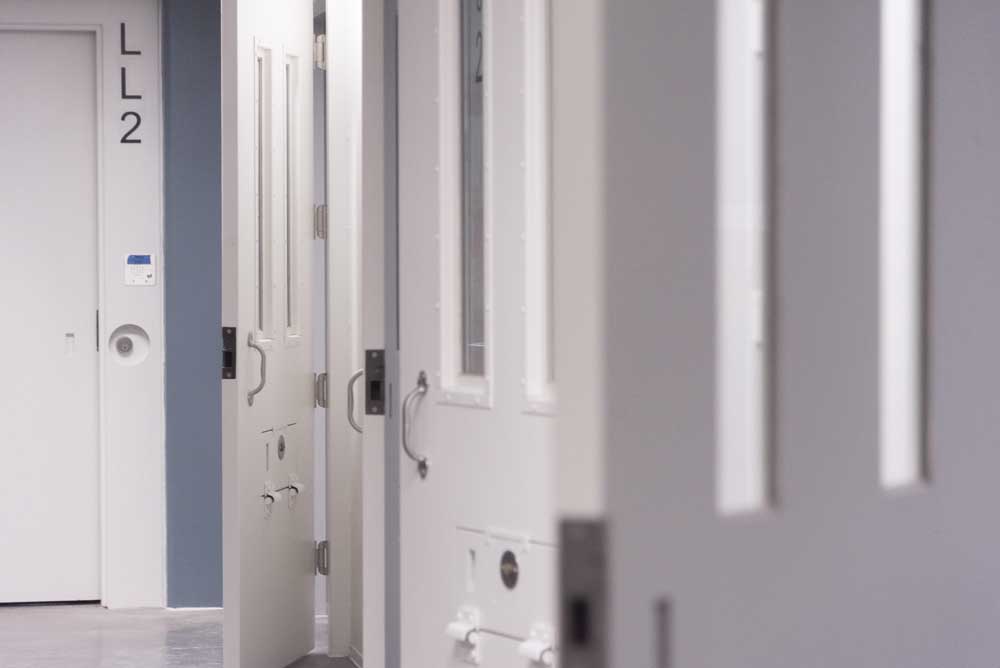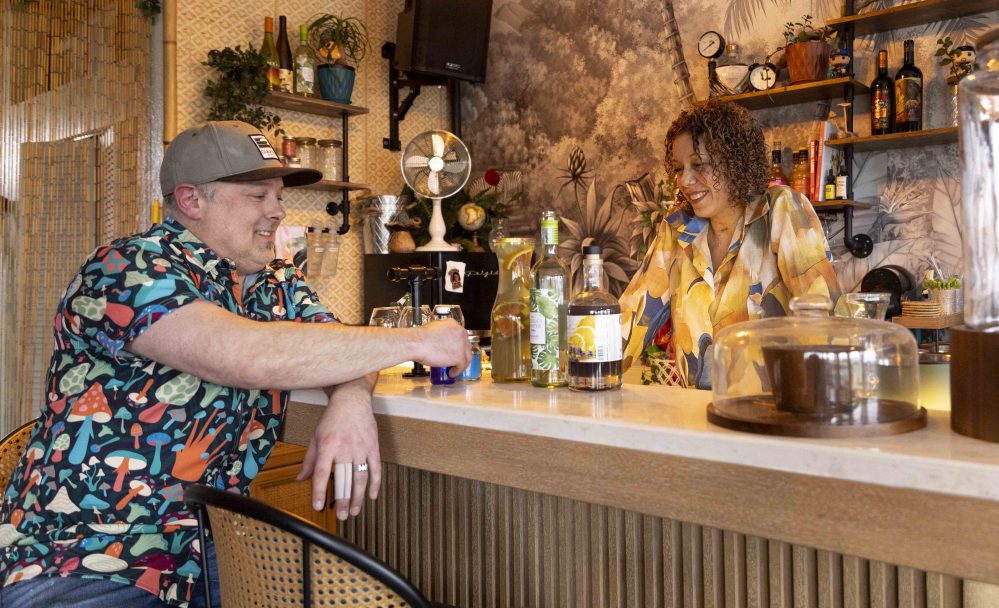Commission moves closer to lodging tax decision
Published 3:00 pm Friday, January 24, 2025

- A new Clatsop County Jail opened in Warrenton last year.
Clatsop County commissioners will soon vote on an increase to local transient lodging tax rates — a move proposed by staff to address strains on county services.
For years, the county has collected taxes from hotels, motels and other short-term lodging providers. In October, commissioners began an initial discussion around increasing rates after learning of a roughly $1.2 million shortfall at the county jail, which receives funding from the tax.
Now, they’re revisiting that conversation.
“We’re taking the first step to create stability for the organization as we move forward,” County Manager Don Bohn told commissioners on Wednesday. “The consequence of us not generating additional revenue for public safety will mean reductions in services and service levels — I mean, that’s what is on the line here.”
The proposal would increase the unincorporated county lodging tax rate from 9.5% to 10.5% and the countywide tax rate from 1% to 3%. Bohn said the increase could play an important role in addressing the disproportionate burden tourism places on county services, especially public safety.
Clatsop County has historically had among the highest per-capita rates of tourism in the state, with its population sometimes tripling during peak tourism seasons. Sheriff Matt Phillips said nonresidents make up roughly a third of the adults in custody at the Clatsop County Jail. In August, he added, nonresidents made up roughly 45% of arrests.
The additional population also can contribute to other public safety concerns like car crashes that wear on the sheriff’s department, hospital emergency departments and rural fire districts.
“It is a volume issue,” Bohn said. “Volumewise, we have to serve more people, and that impacts public safety in really big ways.”
Part of the challenge is that only 30% of the countywide tax goes into the general fund, while state law requires the other 70% to be put toward tourism promotion and tourism-related facilities. That’s a split many have argued is insufficient to address tourism-related impacts on services. Although the countywide tax increase would generate an additional estimated $4 million, only about $1.2 million would be available for discretionary spending.
Moving into the legislative session, the League of Oregon Cities has identified increased flexibility for local lodging tax spending as a priority. Bohn said a legislative fix is still the county’s first choice, but without knowing what may come of those efforts, increasing the tax rate is also necessary to address gaps. The county can always revisit the increase if new legislation passes.
Bohn attributed funding challenges to a combination of unanticipated costs at the county’s new jail and property taxes that haven’t kept pace with inflation.
At the same time, timber revenue that has historically been used to subsidize tourism impacts could be decreasing. In light of anticipated changes under the state’s habitat conservation plan, Commissioner Courtney Bangs said she sees increasing the lodging tax as one of the few alternatives.
“When I first started in this position, I made it abundantly clear that I was not interested in passing the loss, that burden, onto our local constituents,” Bangs said. “But in this situation, I feel like the only thing that we can do is pass that loss or that burden onto … our visitors who come and visit our community.”
The Board of Commissioners is anticipated to hold a second reading and vote on the ordinance at its Feb. 12 meeting.





